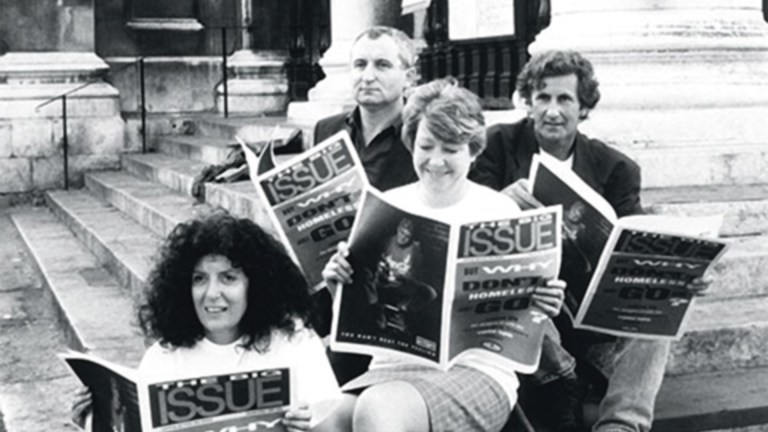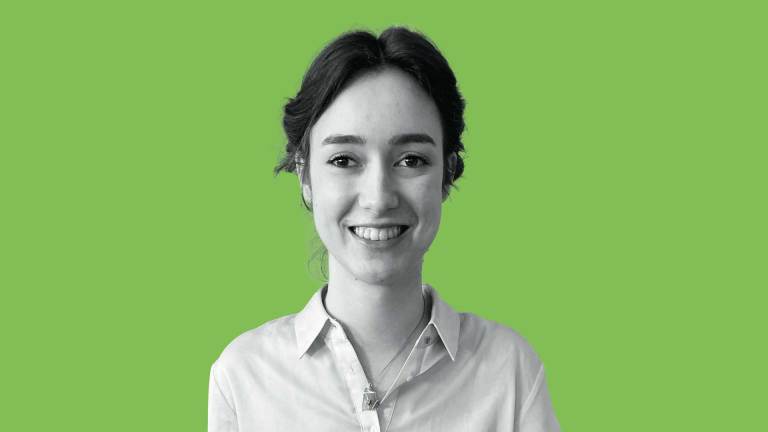DAS also provides help with getting work if some sort of work is possible. But more than anything it helps people to get their rights to as full a life as possible. And to me that’s a recognition that no one should be left behind, regardless of the complications of health.
So rather late in the day I have got involved in what you might call another form of literacy. This is the literacy of being able to represent yourself. To represent people who may not have developed the skills of talking their own interests before government health and welfare departments, or landlords.
I have heard some appalling stories of poor provision at the point of need
Or carers who do not excel at jumping through the paperwork traps that often surround people in physical and mental need. Not that they are all unable to solve problems of representation. Rather that at times support by experts is a surefire way of breaking through a bureaucratic logjam. And certainly the filling in and filing of paperwork can stop the heart dead.
Why do we at times make it so difficult for some of our most impoverished and needful? Perhaps there is an element of thinking, I hazard a guess, that people should get their act together if they are asking for aid.
I have heard some appalling stories of poor provision at the point of need, because of the demon of paperwork. It frightens you to think that paperwork and form-filling can wall a person off from their democratic right to support. Or it can mean you end up being classified wrongly due to poor form-filling skills.
That kind of illiteracy sends shivers down my spine. It is a case of justice for some, those more astute in representing themselves, and injustice for others who do not have the skills to jump over the paper wall.
That’s why I have seen this as an extension of my important work on literacy. All should be involved in the democracy of their rights and hopes. None should be excluded because they have not the skills brought to them through the gift of social preferment. Or the lottery of parenting; meaning you could be left behind and yet be the most needy because of health issues.
Rural Suffolk is not dissimilar to many other parts of the UK where isolation from services adds to the problem. I know the area well. I have often toured around it by bike and car. But try the buses and you’ll find them largely not there when you need them. So I can sail along, above the poverty of people unable to get to the services they need.
The postcode lottery hits home for the many who live outside of town. And even in the town it’s no guarantee you can get what you need. That is if you can’t deal with the kind of literacy expected of you by the government departments you may need to negotiate to get support.
Social literacy combines with verbal and written literacy, and fortunately DAS has the volunteers able to scale the walls that impede our citizens getting what they need and what they are due.
If you want to bung a few bob the way of DAS go to localgiving.org/charity/daseastsuffolk. Hopefully there are many of the likes of DAS all over the country. If not, there should be. Because literacy is not just about reading and writing. It’s about negotiating through life and for some, being loaded down with health and wellbeing issues limits the chance of it being a joy.
I hope I can help DAS. Certainly they have touched me to recognise other variations of the literacy deficit that befalls some of our most deserving. This is, after all, prevention at a local level.
John Bird is the founder and Editor in Chief of The Big Issue











